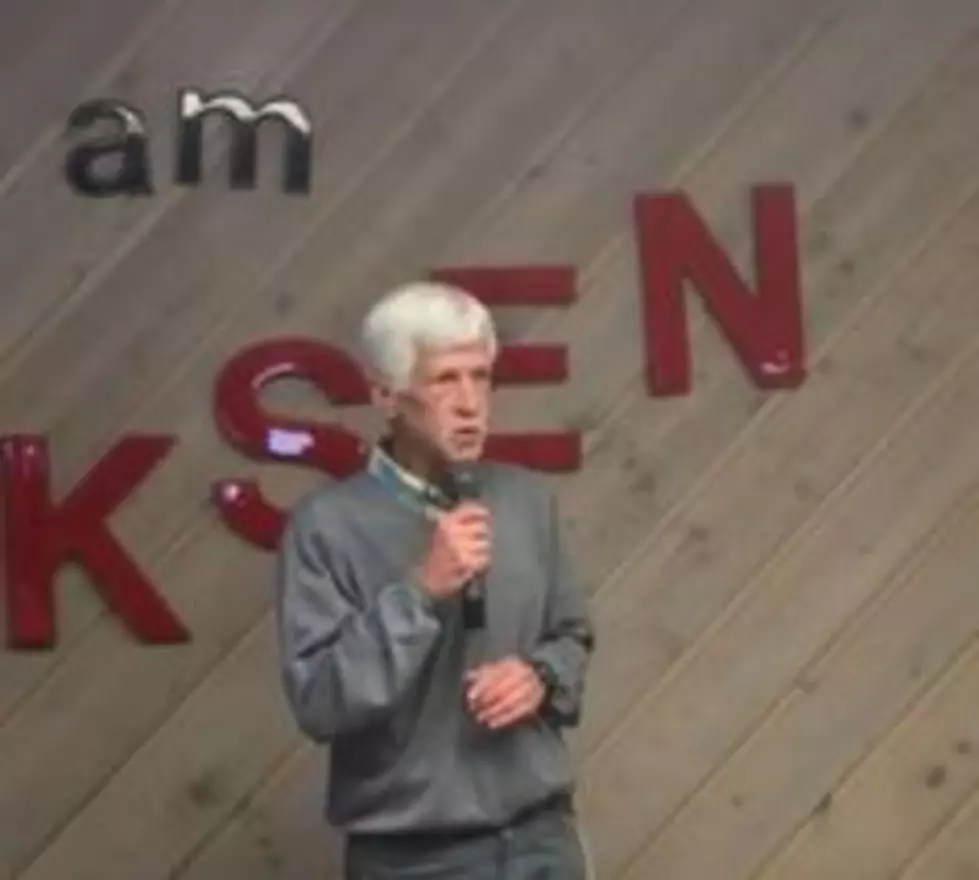
Big Horn Sheep Captured, Moved to Sheep Creek Drainage South of Great Falls
State wildlife biologists have trapped and transplanted 21 bighorn sheep to the Sheep Creek drainage that flows into the Missouri River south of Great Falls. The animals were captured over several days from the Missouri River Breaks north of Lewistown.
Sixty sheep were trapped, of which 30 were collared and re-released in the Breaks as part of a statewide research project. Another 30 were trapped, with nine going to Fish, Wildlife and Parks Region 3 and 21 to Sheep Creek drainage, which is the north end of sheep hunting district 455.
“We decided not to release them on the Beartooth Wildlife Management Area,” says Cory Loecker, FWP wildlife biologist. “That population has been doing very well the last two years, producing and recruiting lambs.”









